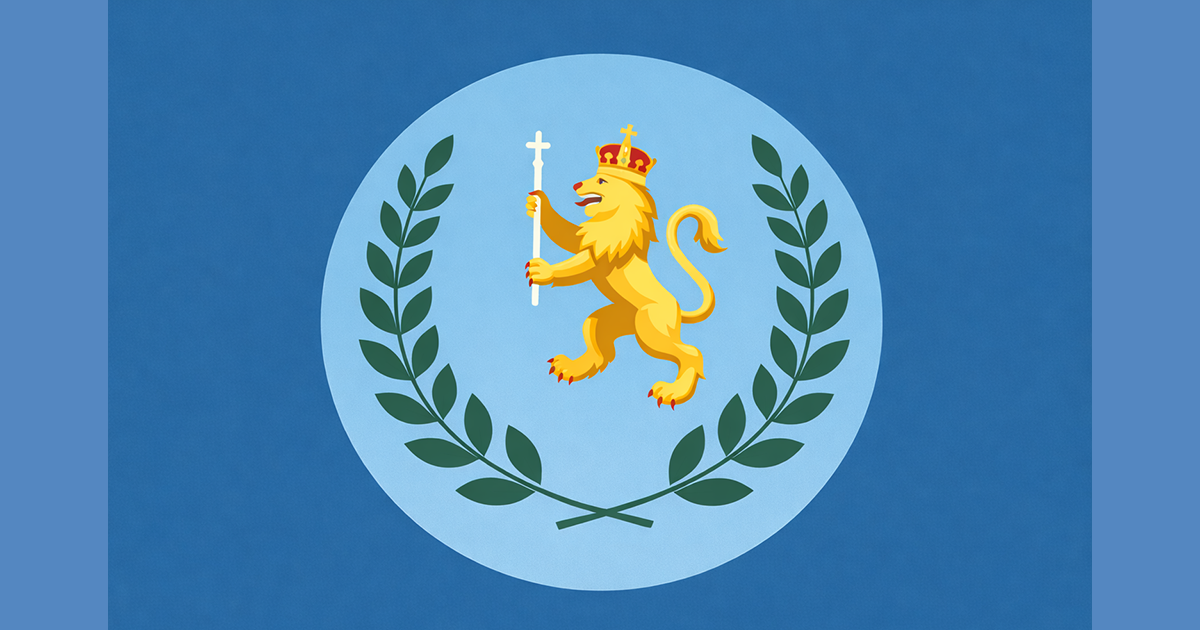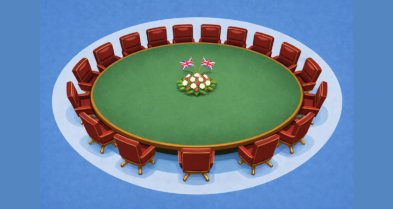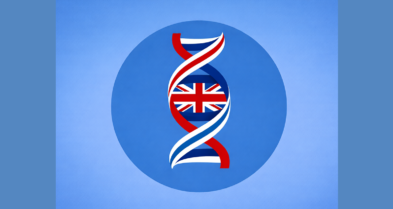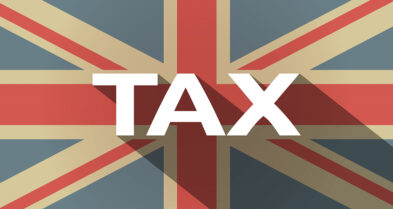I. THE COMMONWEALTH
The Commonwealth is an association of countries that support each other and work together towards shared goals in democracy and development. Most member states were once part of the British Empire, although a few countries which were not have also joined.
The King is the ceremonial head of the Commonwealth, which currently has 54 member states. Membership is voluntary. The Commonwealth has no power over its members, although it can suspend membership. The Commonwealth is based on the core values of democracy, good government and the rule of law.
COMMONWEALTH MEMBERS
Antigua and Barbuda, Australia, The Bahamas, Bangladesh, Barbados, Belize, Botswana, Brunei Darussalam, Cameroon, Canada, Cyprus, Dominica, Fiji (currently suspended), The Gambia, Ghana, Grenada, Guyana, India, Jamaica, Kenya, Kiribati, Lesotho, Malawi, Malaysia, Maldives, Malta, Mauritius, Mozambique, Namibia, Nauru, New Zealand, Nigeria, Pakistan, Papua New Guinea, Rwanda, Samoa, Seychelles, Sierra Leone, Singapore, Solomon Islands, South Africa, Sri Lanka, St Kitts and Nevis, St Lucia, St Vincent and the Grenadines, Swaziland, Tanzania, Tonga, Trinidad and Tobago, Tuvalu, Uganda, UK, Vanuatu, Zambia
II. THE COUNCIL OF EUROPE
The Council of Europe is separate from the EU. It has 47 member countries, including the UK, and is responsible for the protection and promotion of human rights in those countries. It has no power to make laws but draws up conventions and charters, the most well-known of which is the European Convention on Human Rights and Fundamental Freedoms, usually called the European Convention on Human Rights.
The best known body of the Council of Europe is the European Court of Human Rights, which enforces the European Convention on Human Rights. The Council’s two statutory bodies are the Committee of Ministers, comprising the foreign ministers of each member state, and the Parliamentary Assembly, composed of members of the national parliaments of each member state. The Commissioner for Human Rights is an independent institution within the Council of Europe, mandated to promote awareness of and respect for human rights in the member states. The Secretary General heads the secretariat of the organisation. Other major CoE bodies include the European Directorate for the Quality of Medicines and the European Audiovisual Observatory.
The headquarters of the Council of Europe are in Strasbourg, France. English and French are its two official languages.
III. THE UNITED NATIONS
The UK is part of the United Nations (UN), an international organisation with more than 190 countries as members. The UN was set up after the Second World War and aims to prevent war and promote international peace and security. There are 15 members on the UN Security Council, which recommends action when there are international crises and threats to peace. The UK is one of five permanent members of the Security Council.
The UN is headquartered on international territory in New York City; other main offices are in Geneva, Nairobi, Vienna and The Hague.
IV. THE NORTH ATLANTIC TREATY ORGANIZATION (NATO)
The UK is also a member of NATO. NATO is a group of European and North American countries that have agreed to help each other if they come under attack. It also aims to maintain peace between all of its members.
NATO’s Headquarters are located in Evere, Brussels, Belgium, while the headquarters of Allied Command Operations is near Mons, Belgium.







